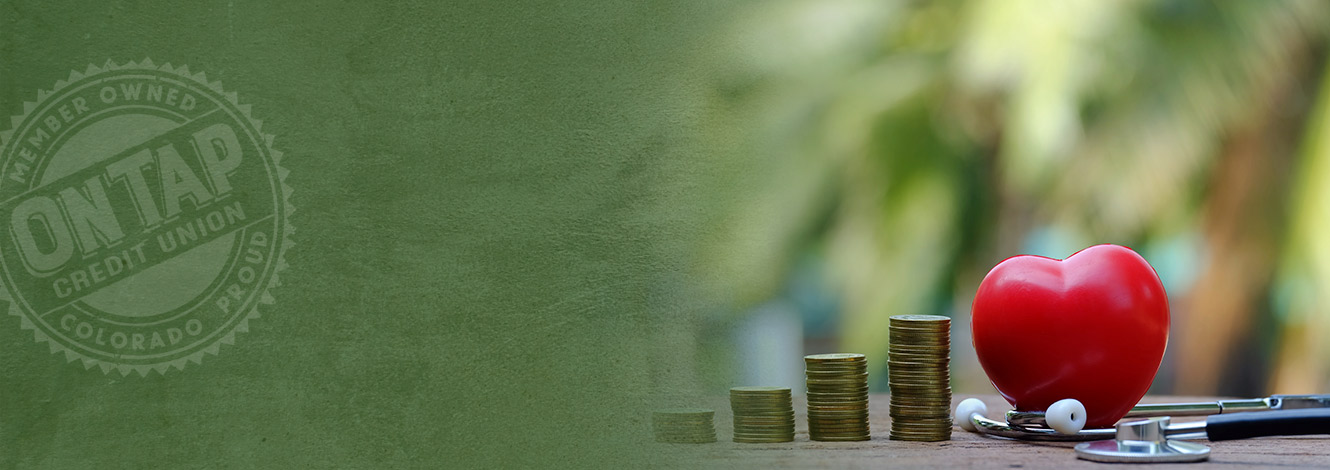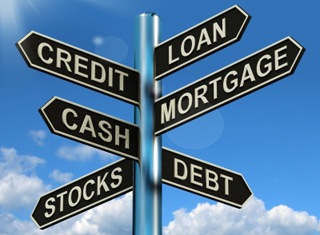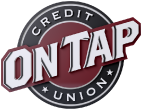

Paying Down Debt
Posted on December 6, 2016
With the New Year coming up, many people may be thinking about working to reduce their personal debt.
Debt in America has reached almost staggering levels: According to Fox, the average amount of household debt tops $90,000, including mortgages, credit cards, car loans and student debt. That’s a heavy load financially and personally – carrying more debt than you’re comfortable with, or feeling like you can’t get out from under it, is stressful. It also impacts your credit score and can limit your access to new credit.
 The first step to paying down your debt is to make an honest and complete list of all your debts, along with the associated interest rates and payment requirements. Then, create a budget that recognizes your income and your spending – all of your spending, including those regular stops at Starbucks or the manicurist. Identify areas where you can cut spending and determine the total amount you have available to apply toward your debt payment plan.
The first step to paying down your debt is to make an honest and complete list of all your debts, along with the associated interest rates and payment requirements. Then, create a budget that recognizes your income and your spending – all of your spending, including those regular stops at Starbucks or the manicurist. Identify areas where you can cut spending and determine the total amount you have available to apply toward your debt payment plan.From there, two different approaches are common: one is to start by paying off the debt with the highest interest rate first, which would save the most money; the second is to focus on paying off the smallest bill first to get it off your list, and then take the money you were paying toward that bill and combine it with what you were paying toward the second smallest bill to get that paid off more quickly, and so on. Of course, whichever approach you take, you need to continue to meet the minimum payments on all your debts – otherwise you may be facing late fees and missed payment penalties, making your debt grow instead of shrink.
Unfortunately, there are times when paying down debt isn’t realistic and just meeting the minimum payments is a fact of life. If you’re in a situation where you’re barely making your bills, it may not be the time to focus on paying down or off your debt, especially until you have a budget in place that might free up some funds. In any case, it is not recommended to withdraw money from a 401(k) or retirement fund to pay down current debt, pointing out that the long-term loss of accrued income will be far greater than the current debt.
And above all, if you’ve committed to paying down, or even paying off, your personal debts, don’t take on any new debt if it’s at all avoidable – you’ll just be digging yourself further in the hole you’re working to escape.
Photo by Stuart Miles

